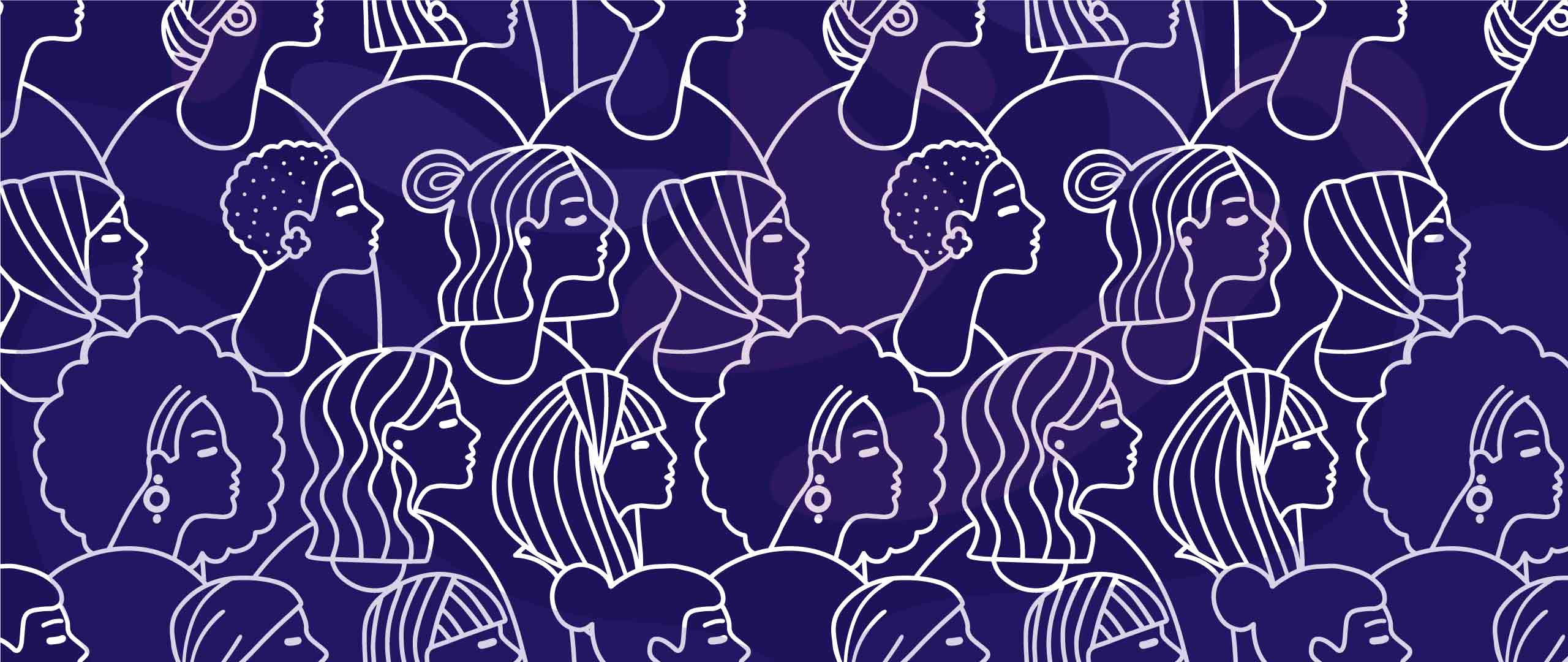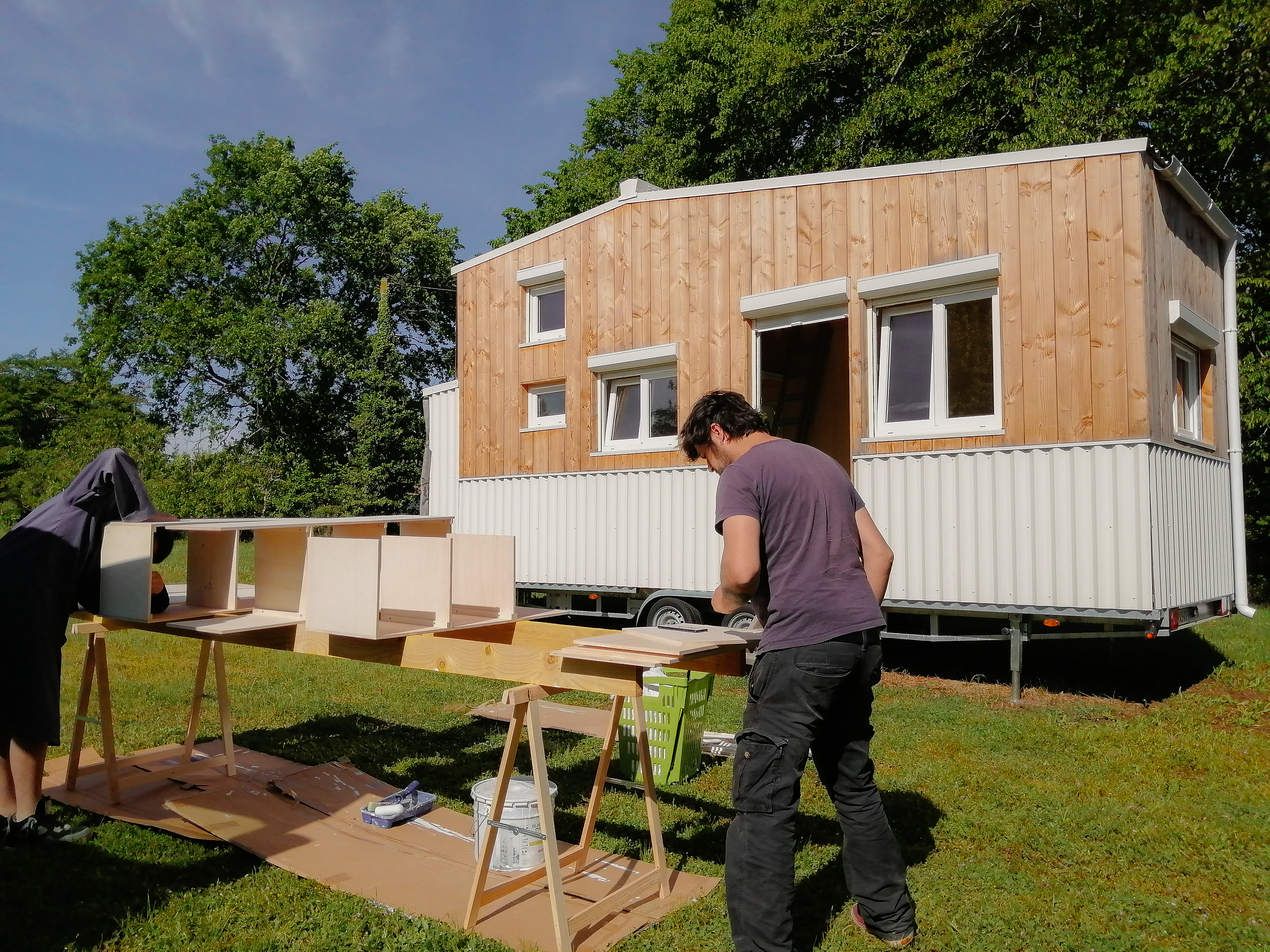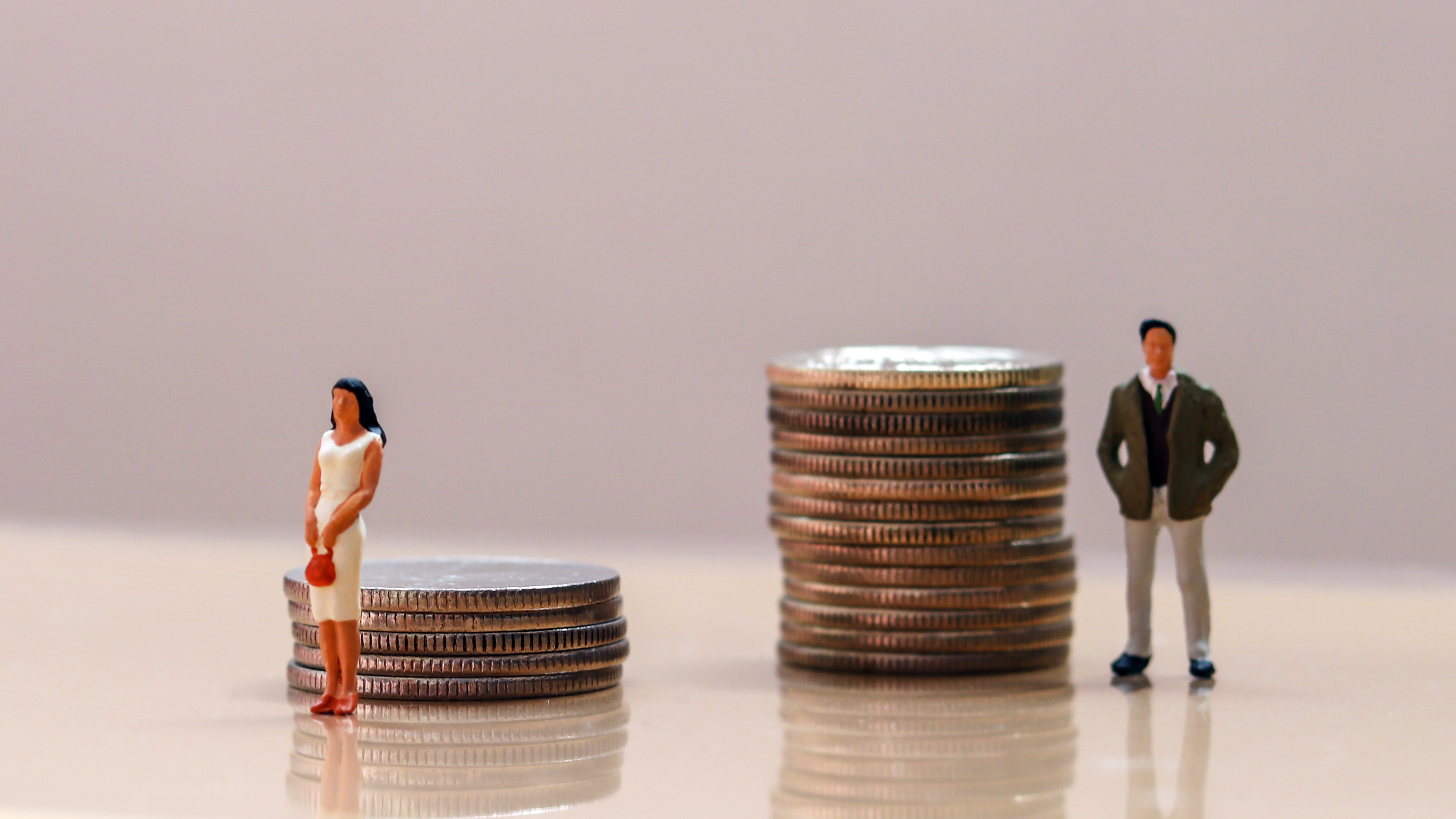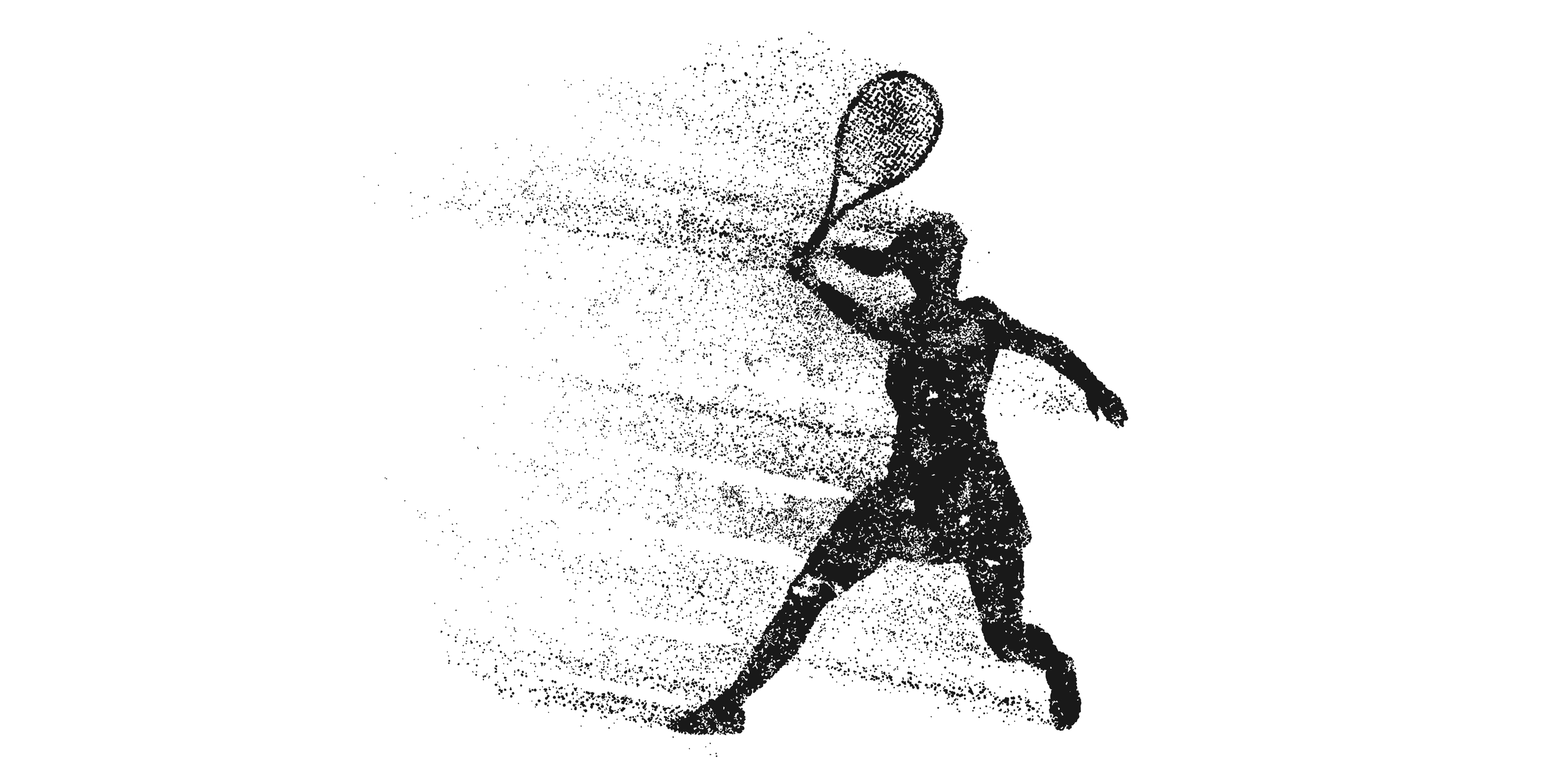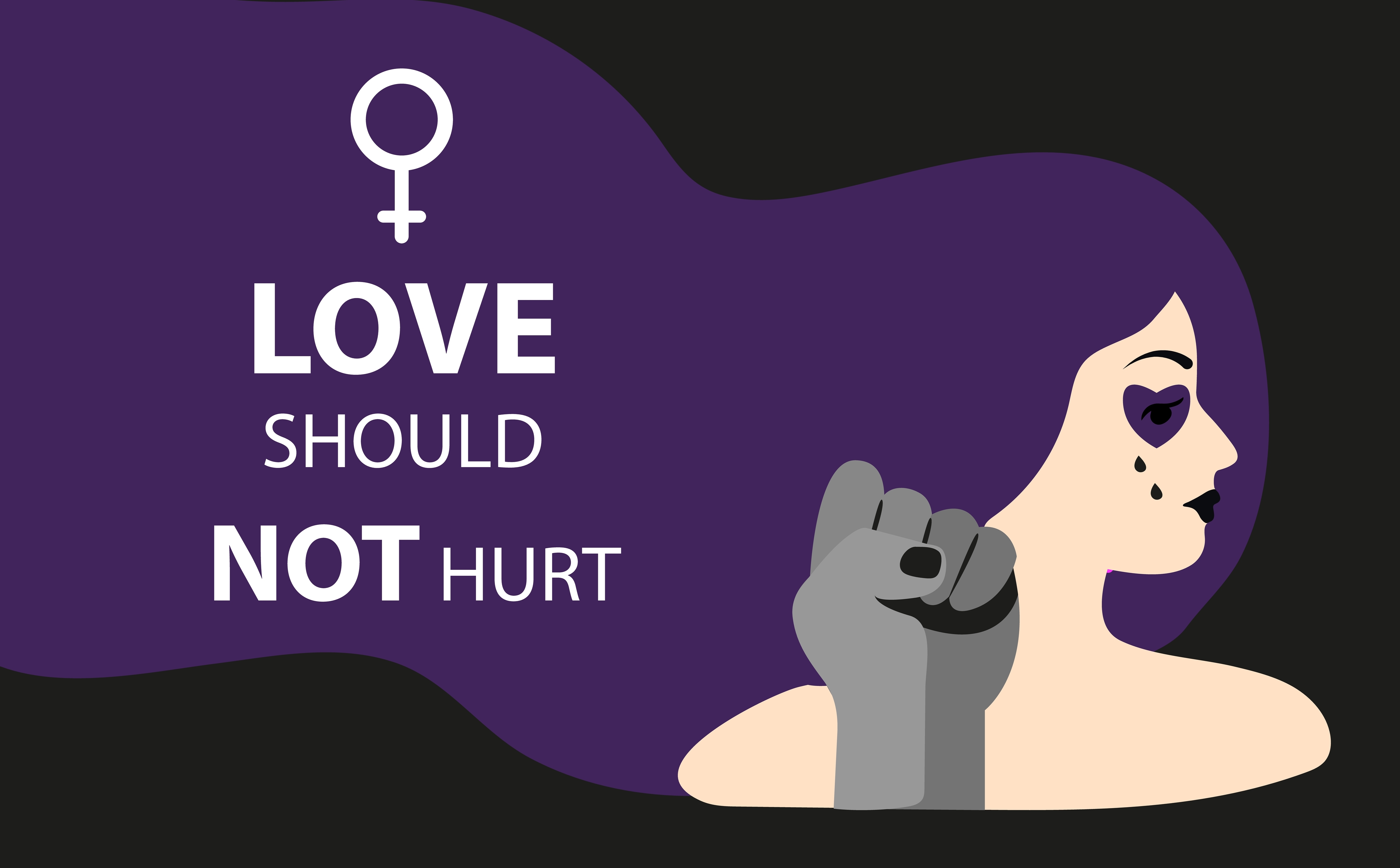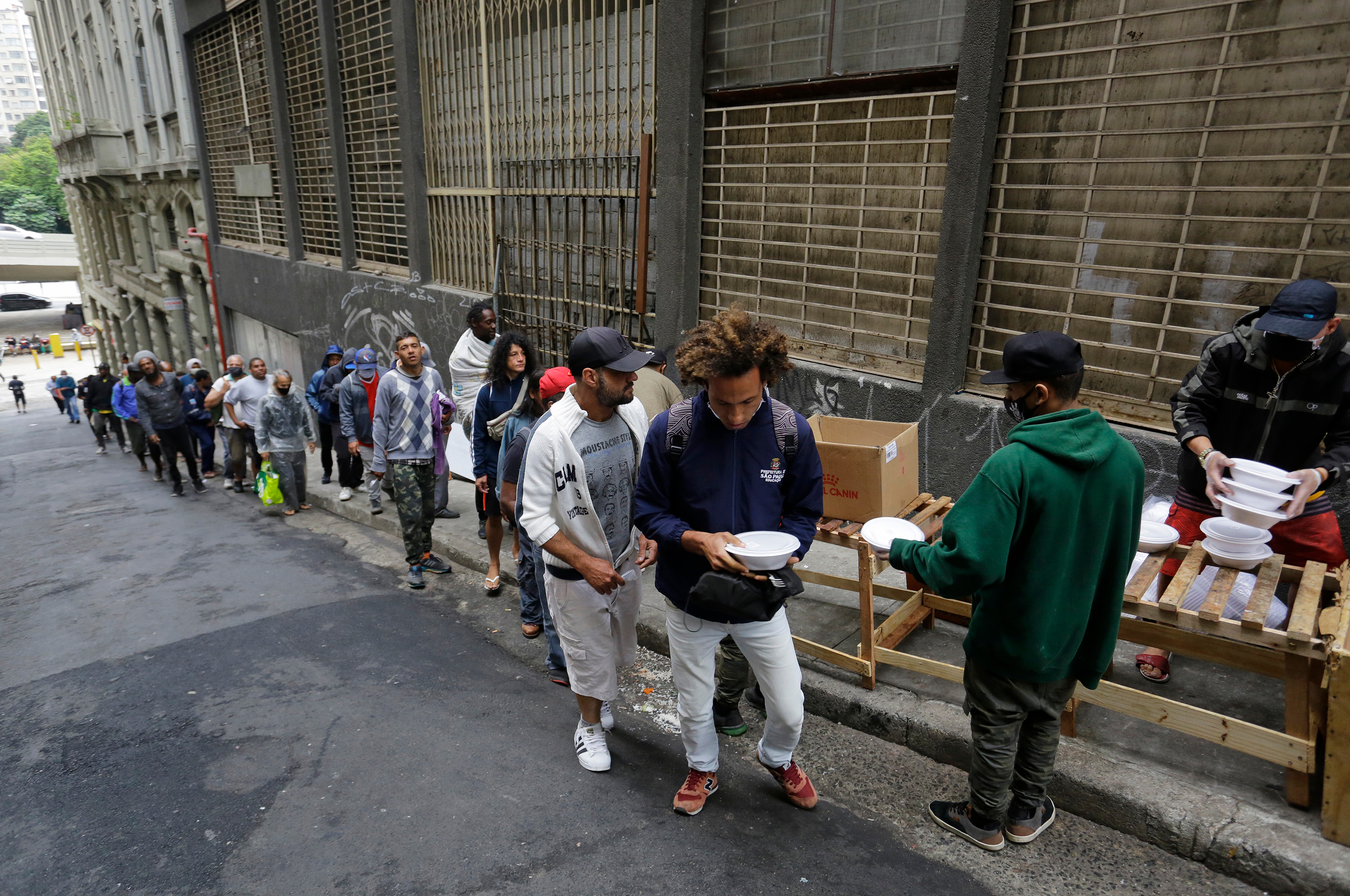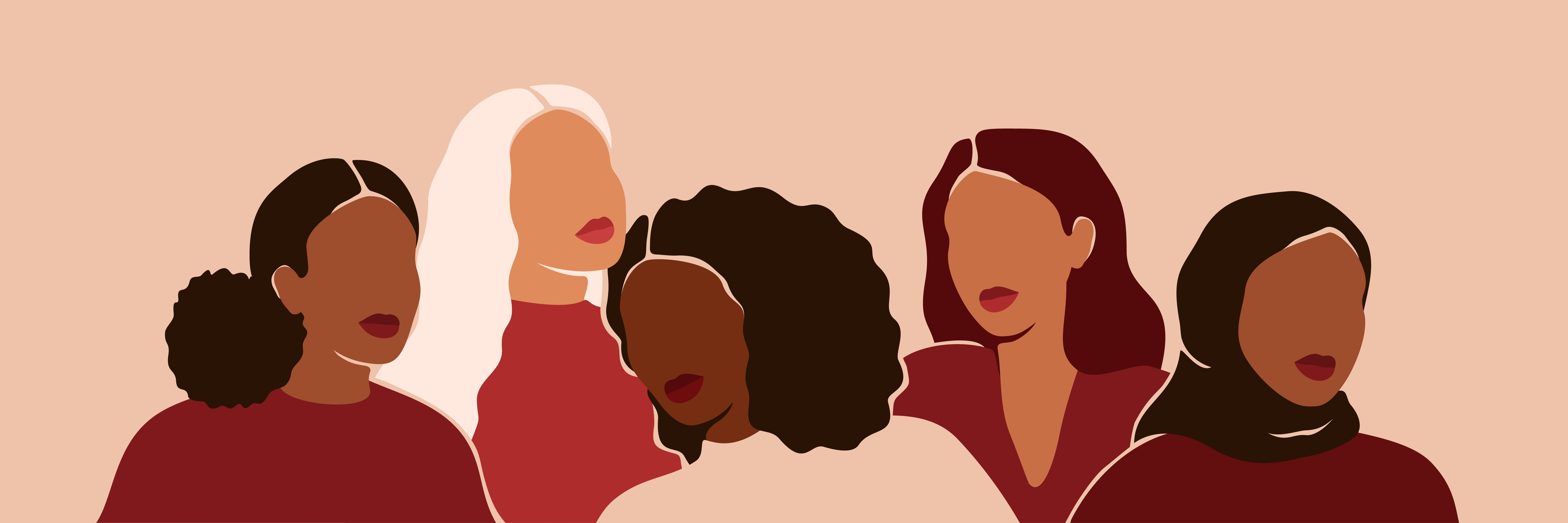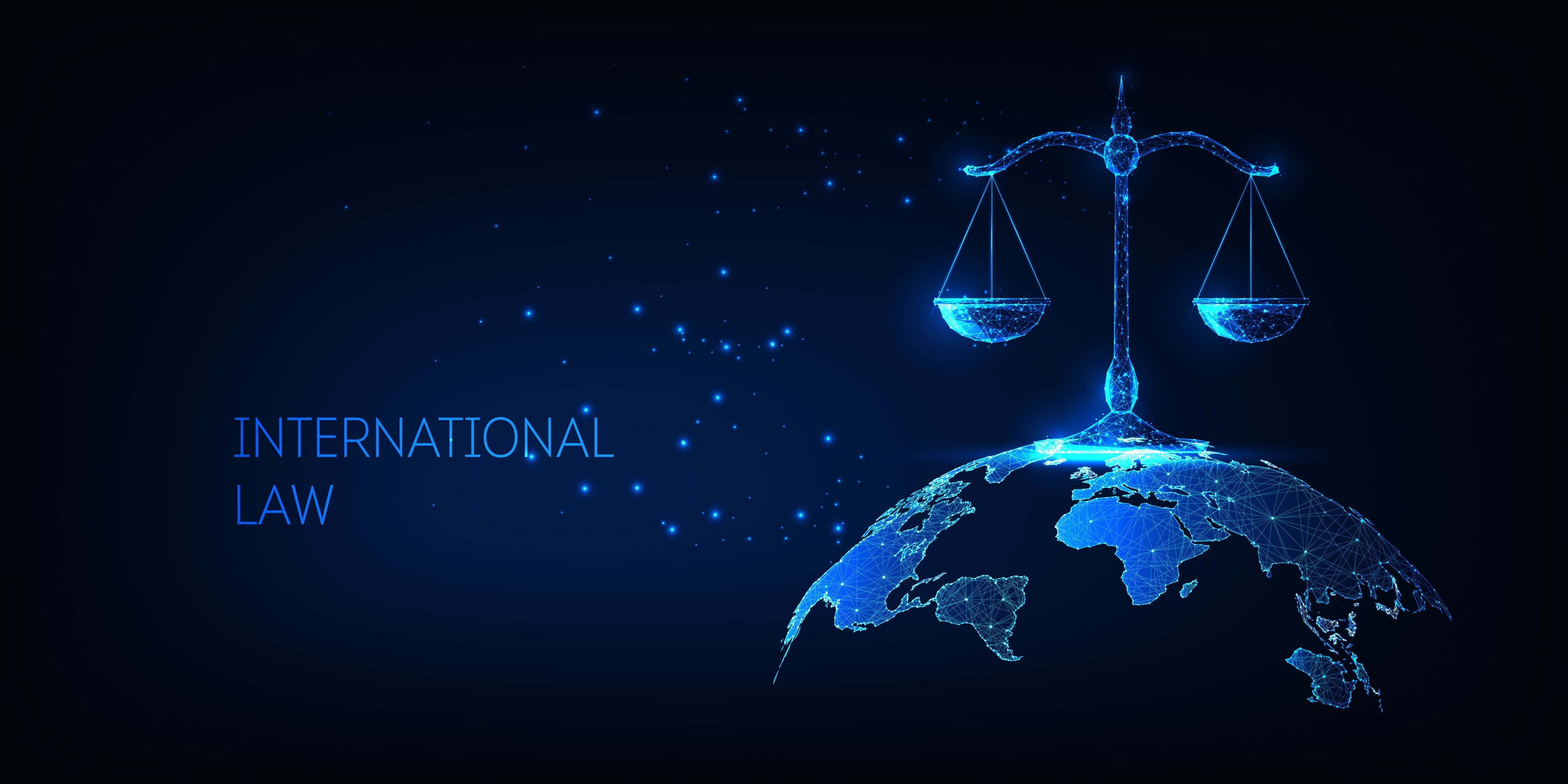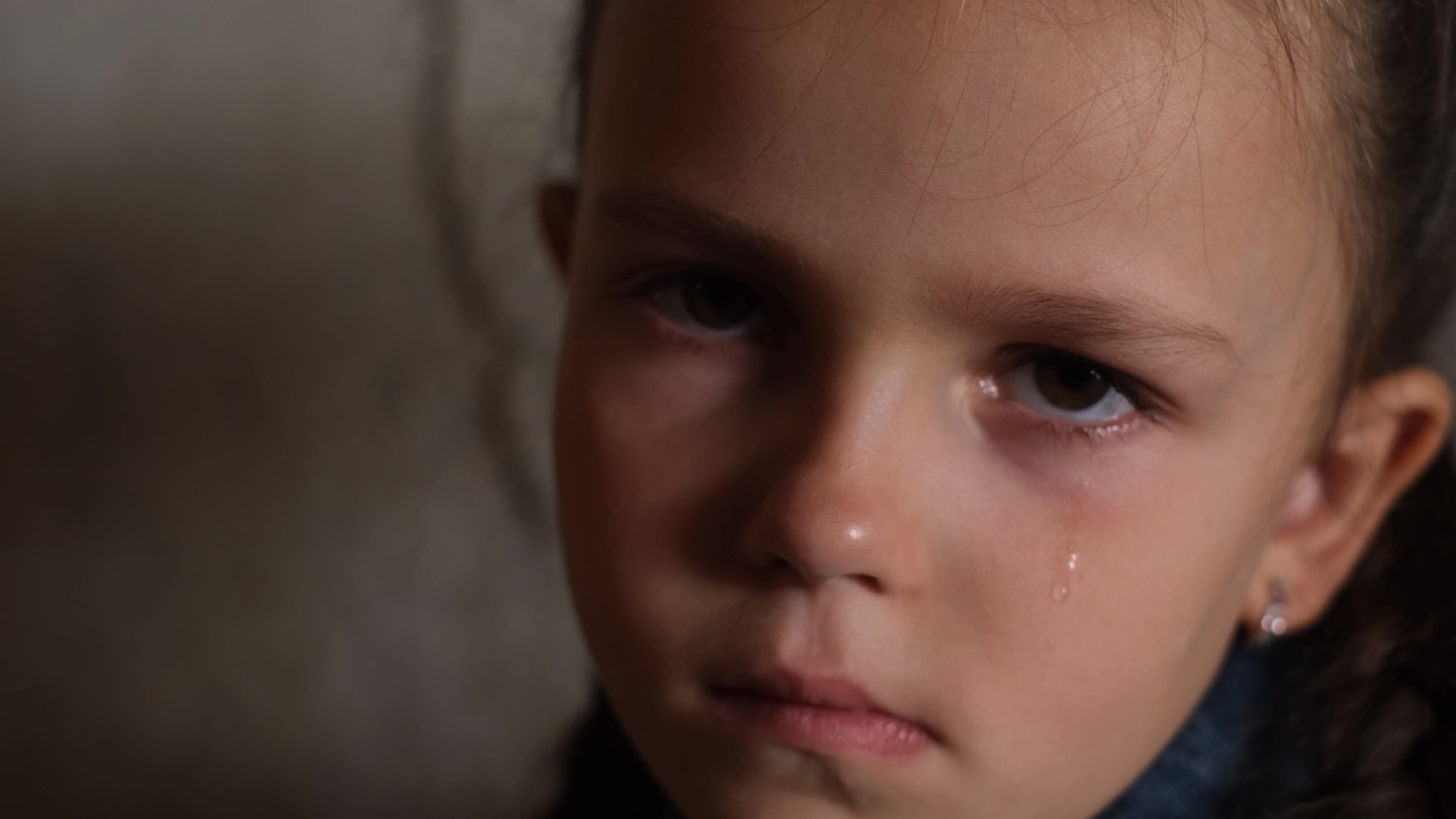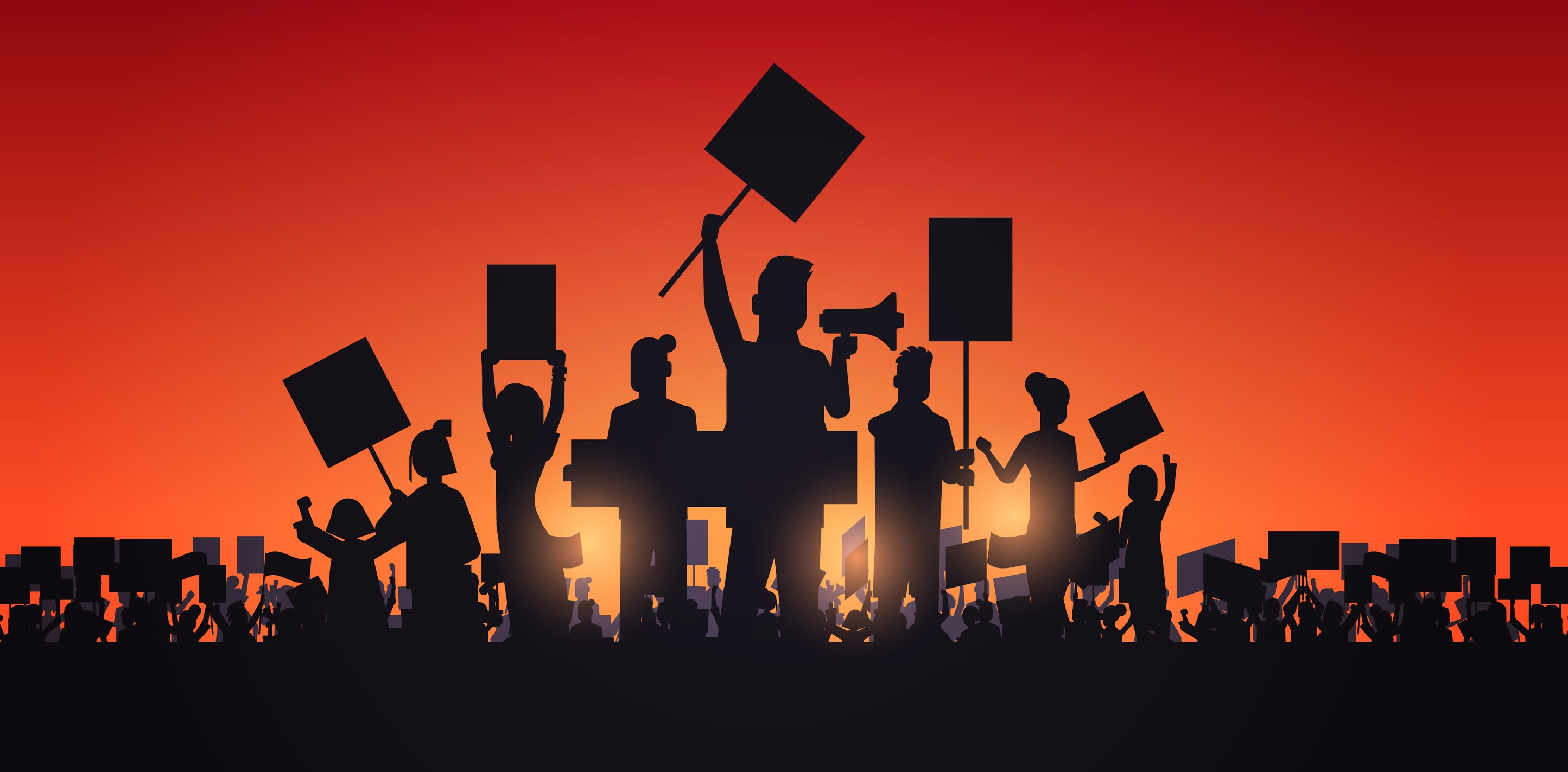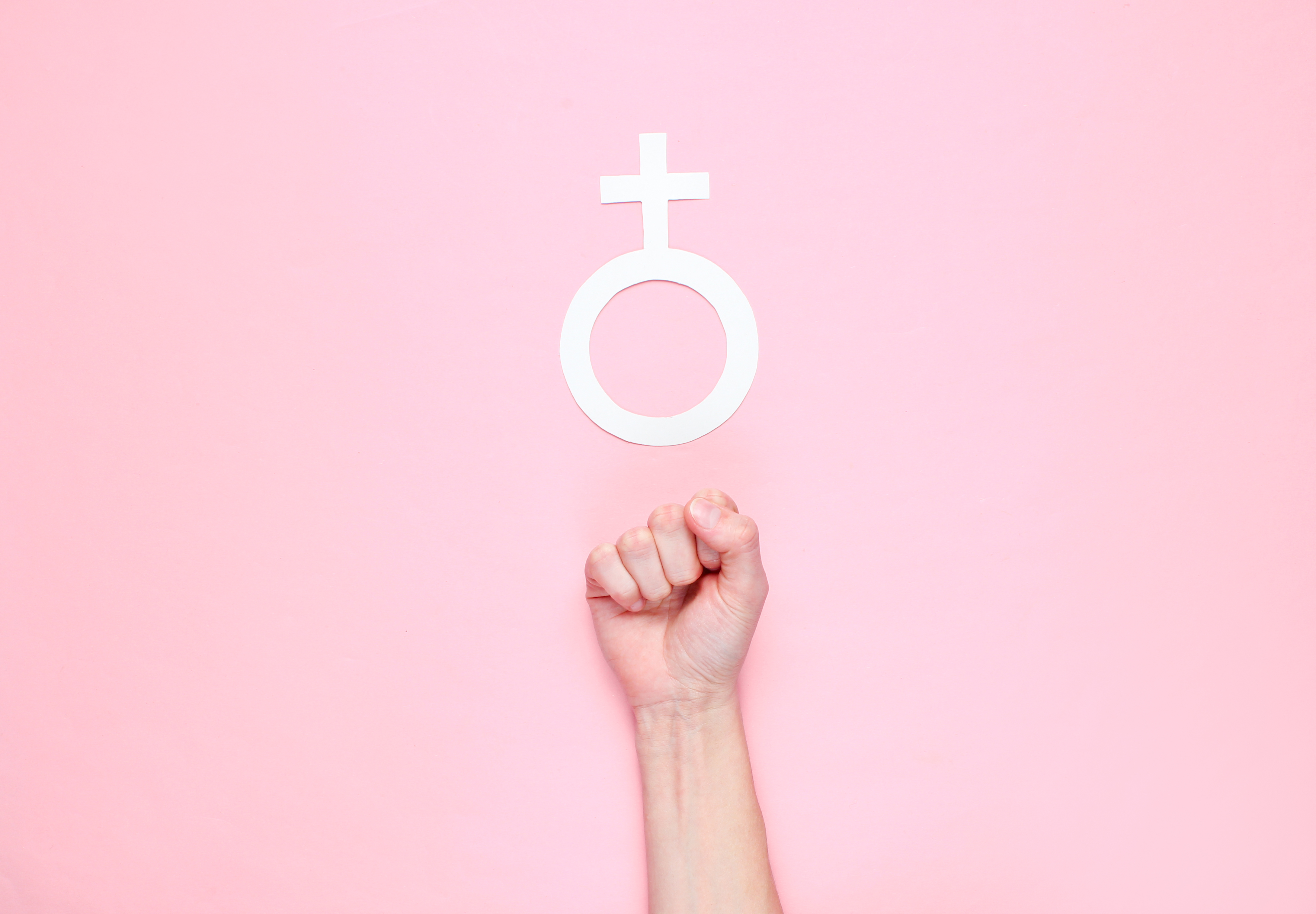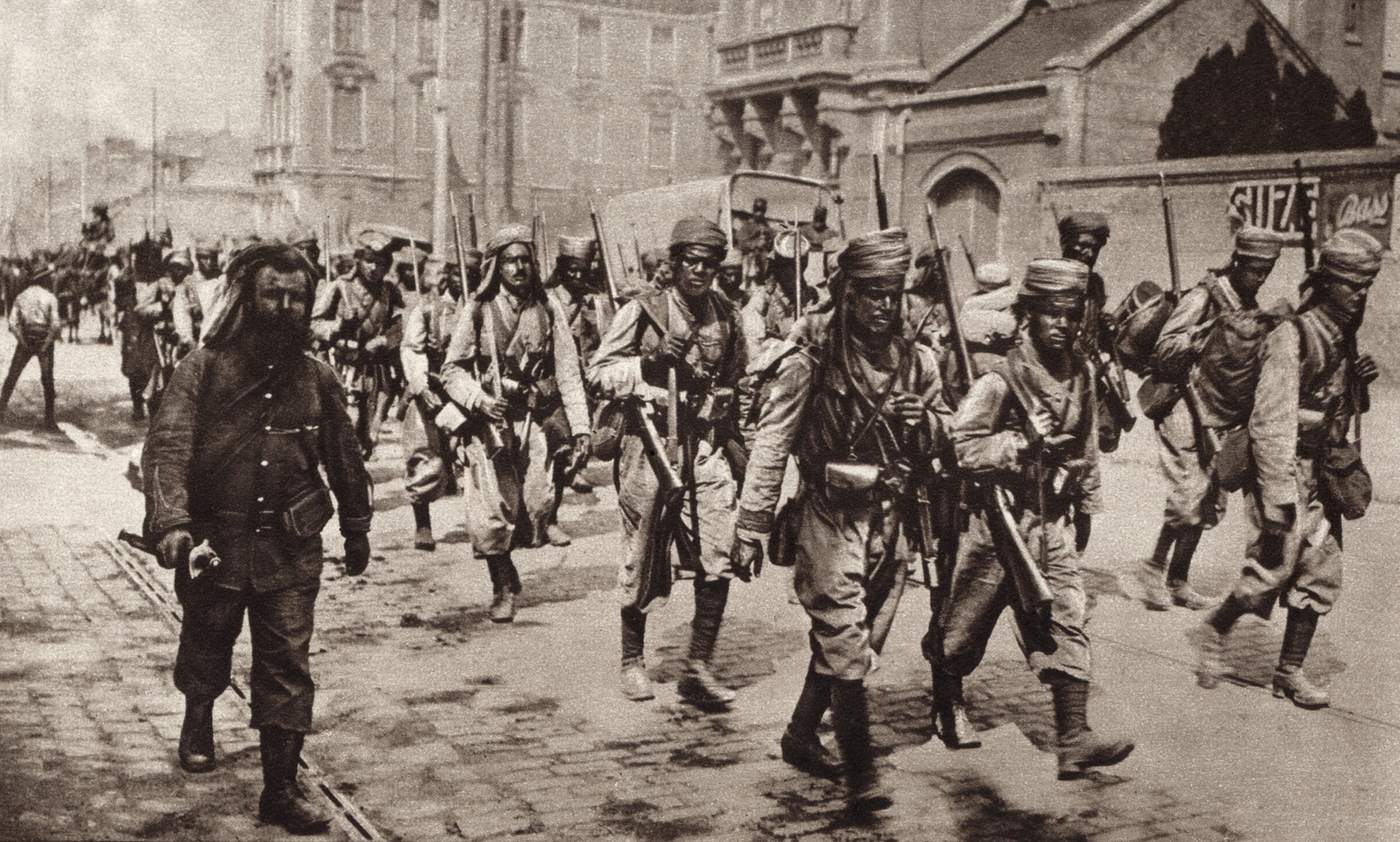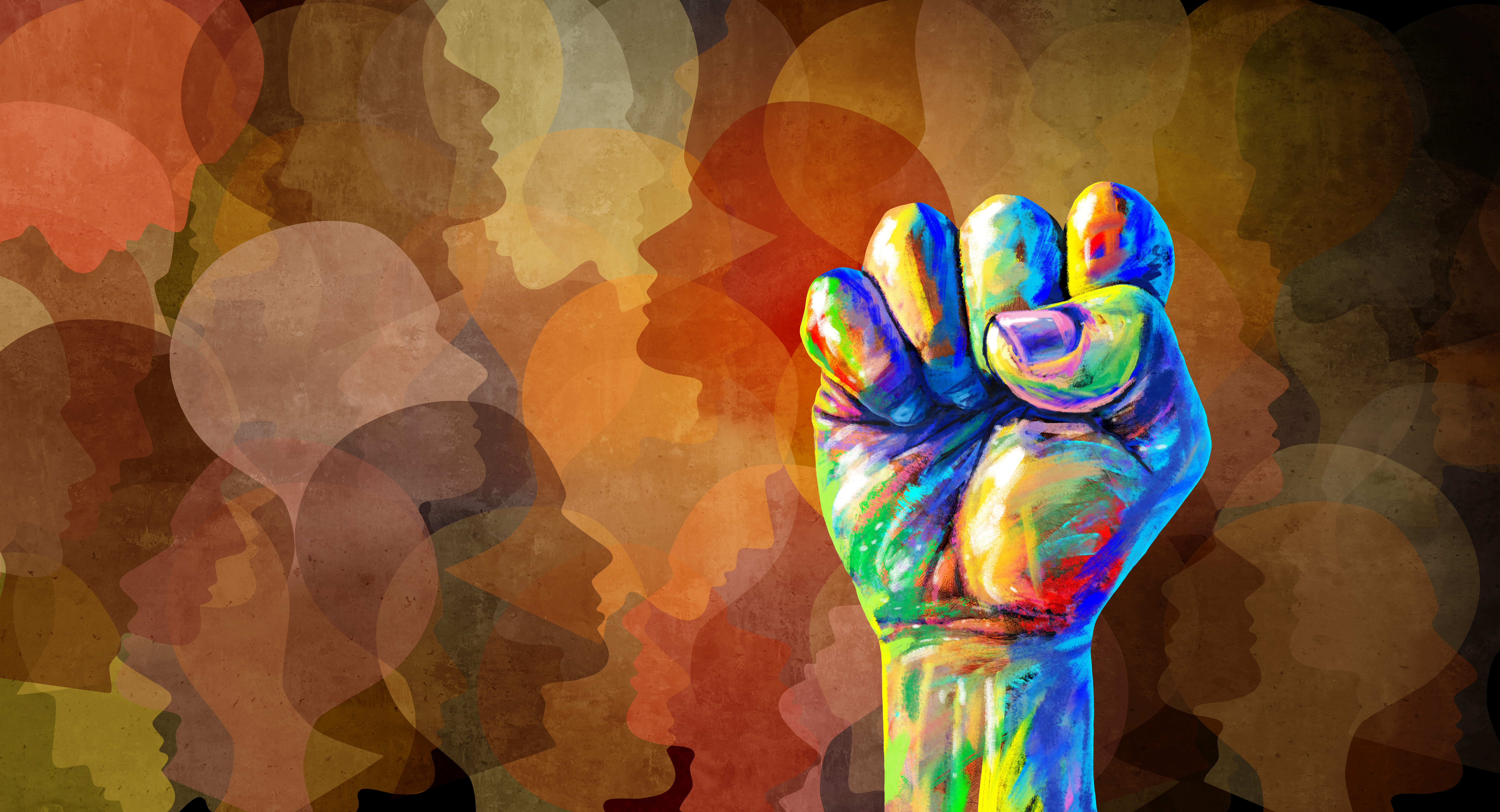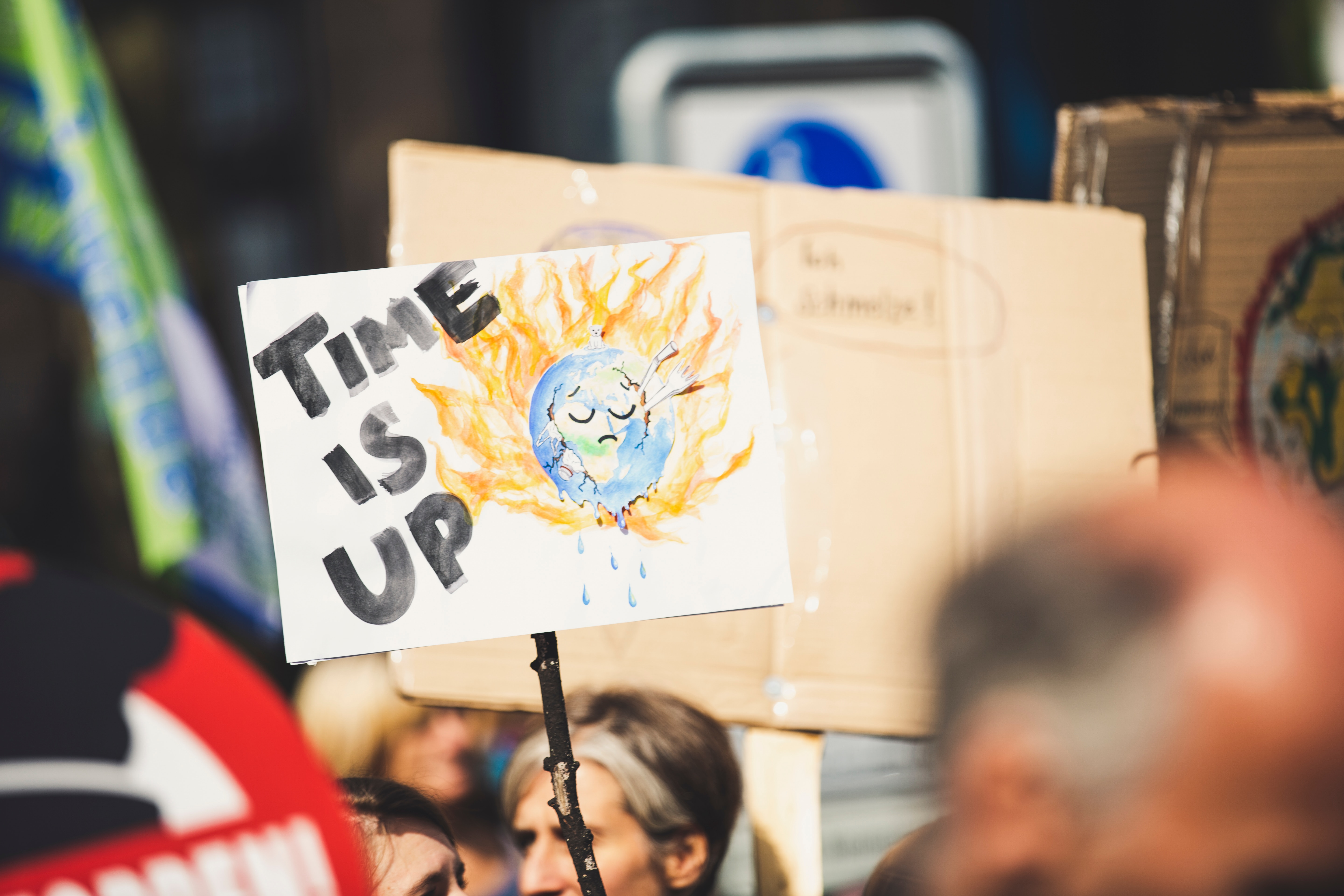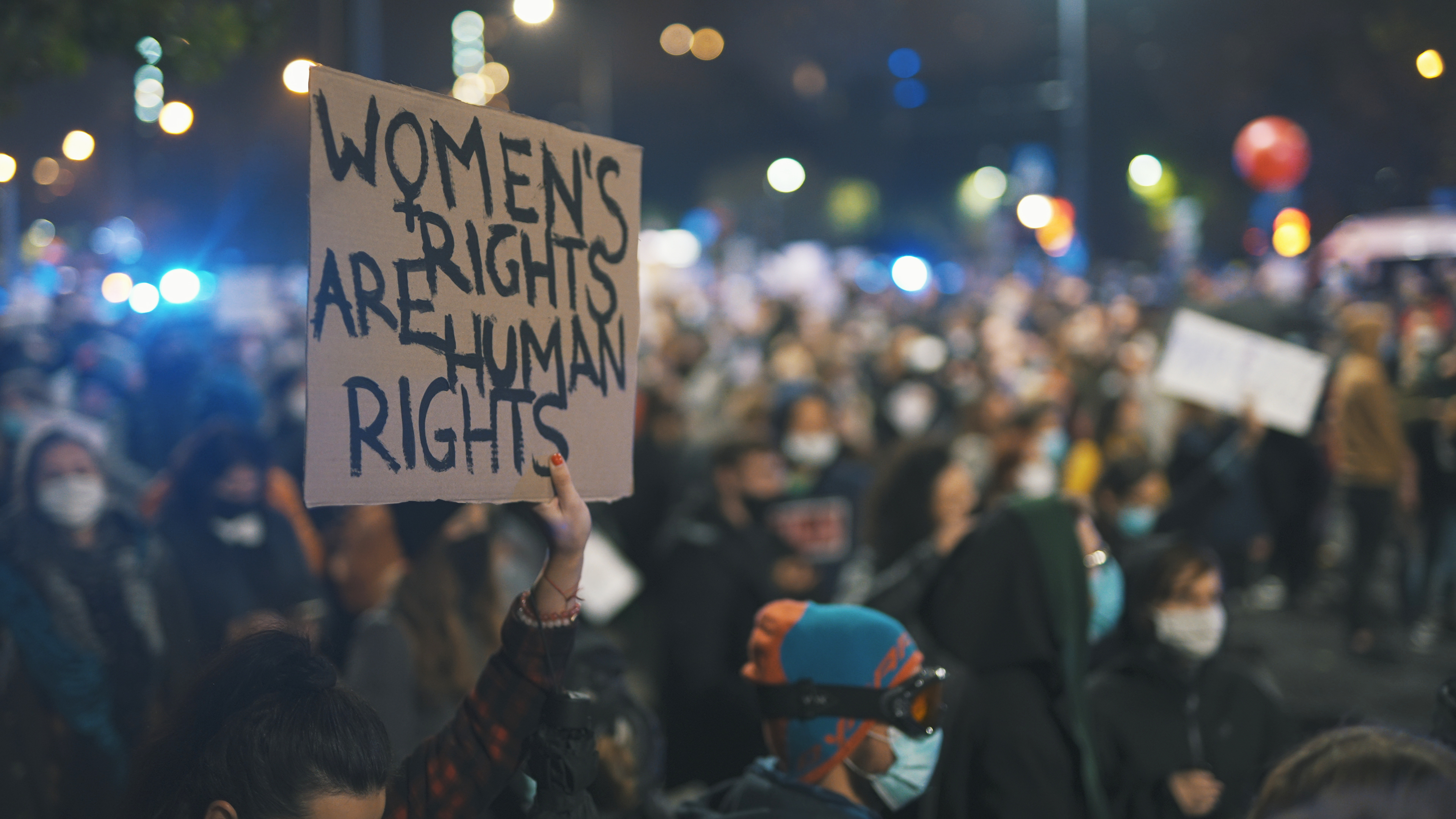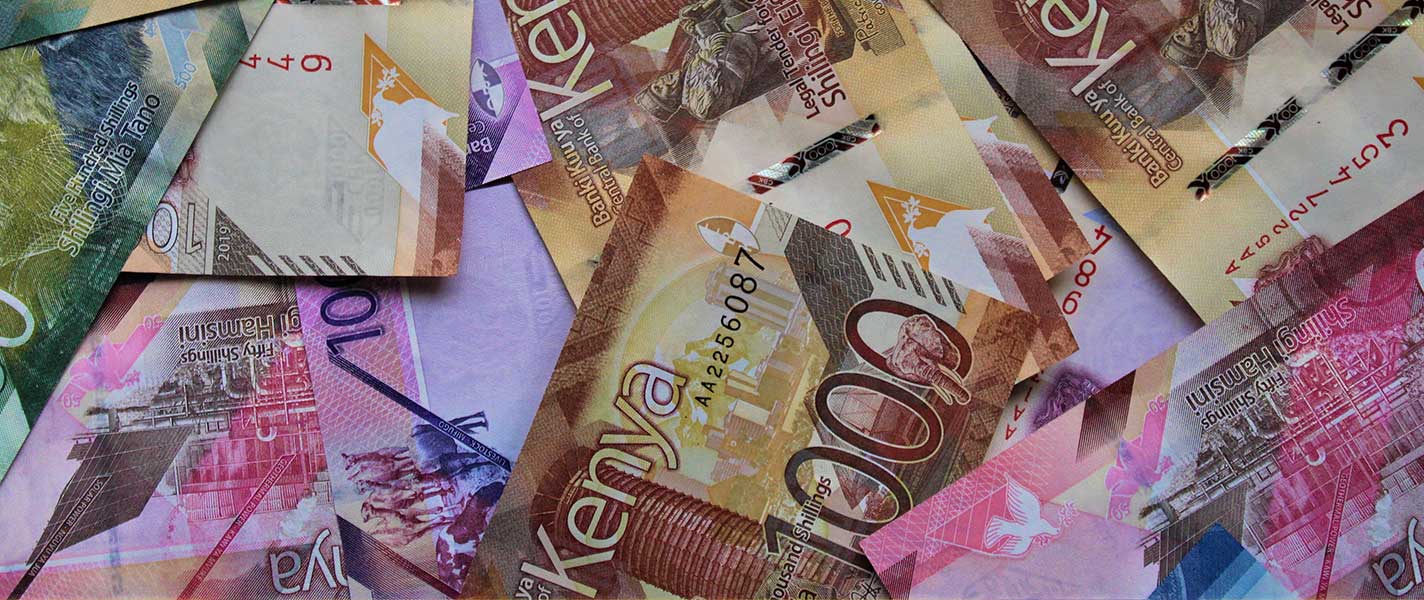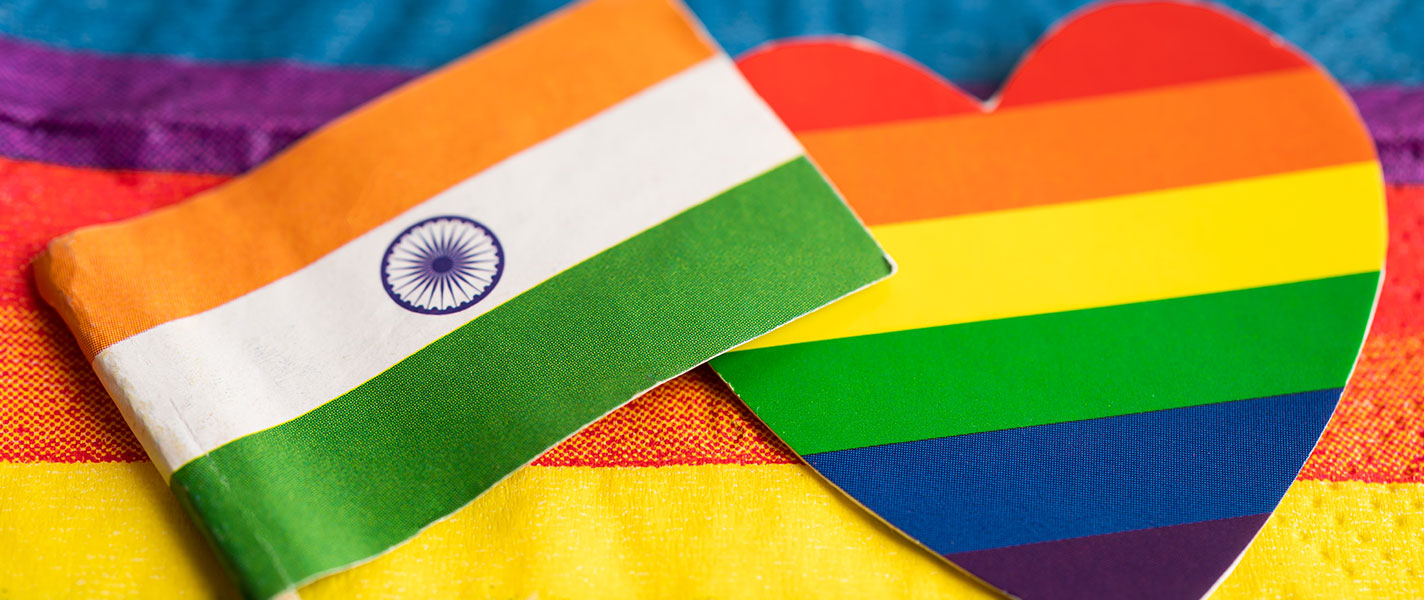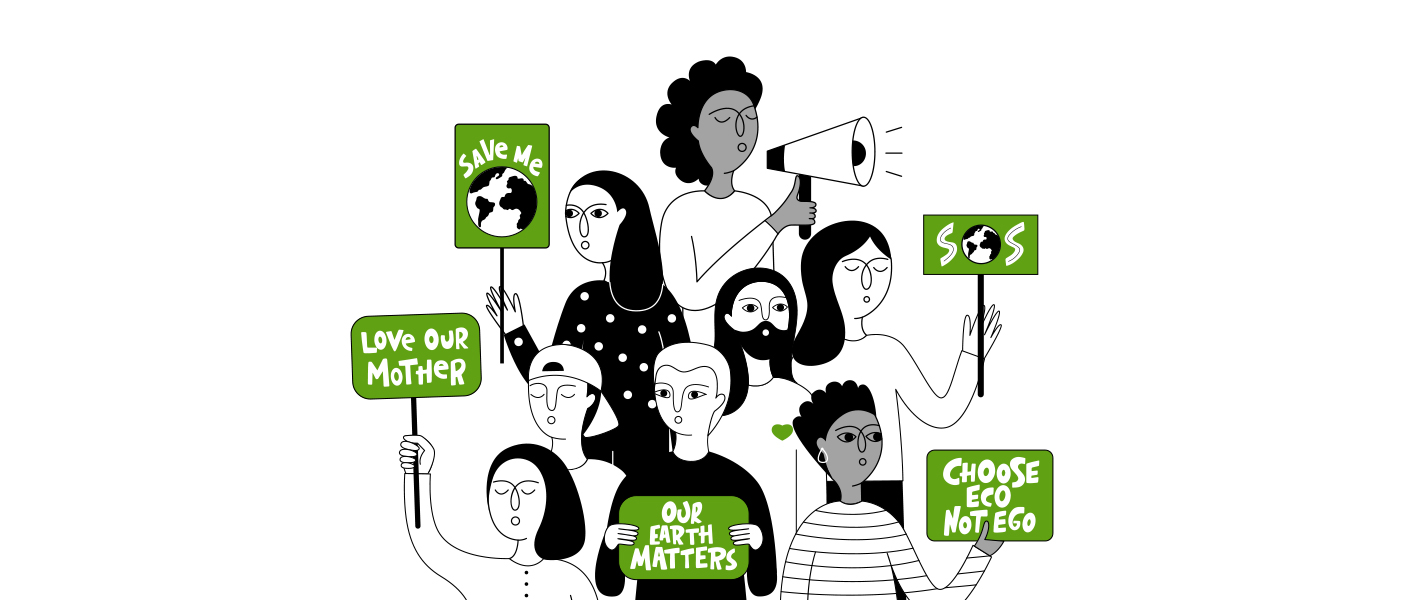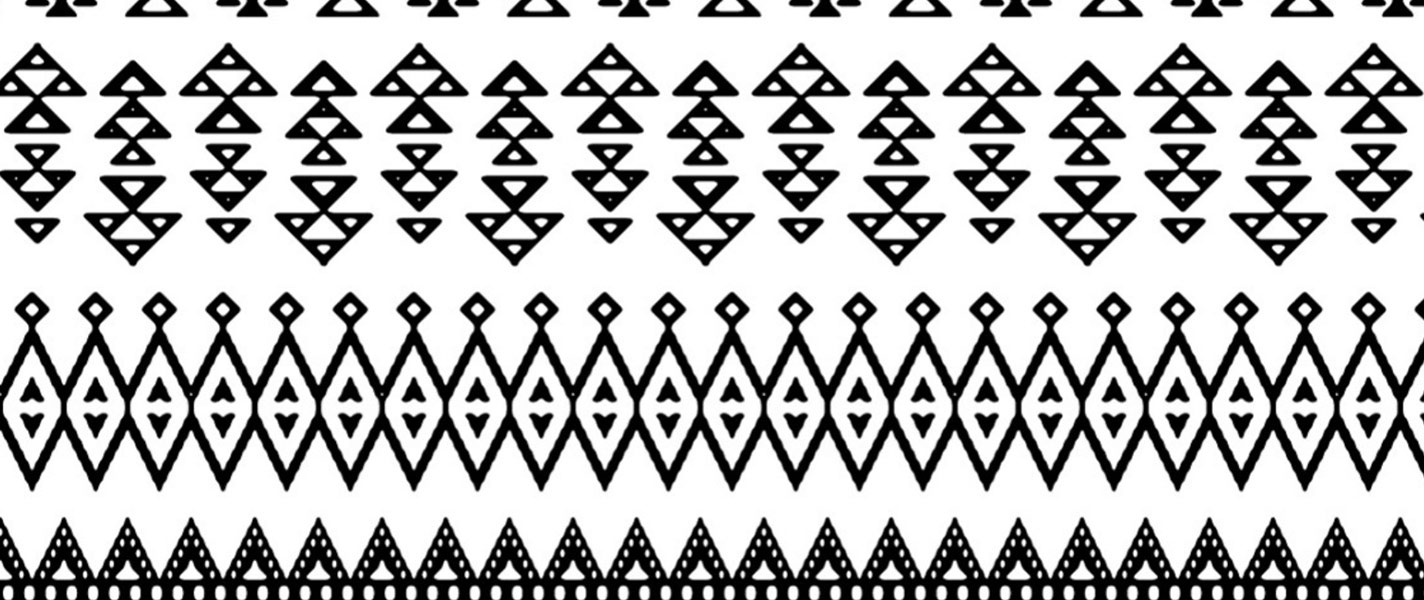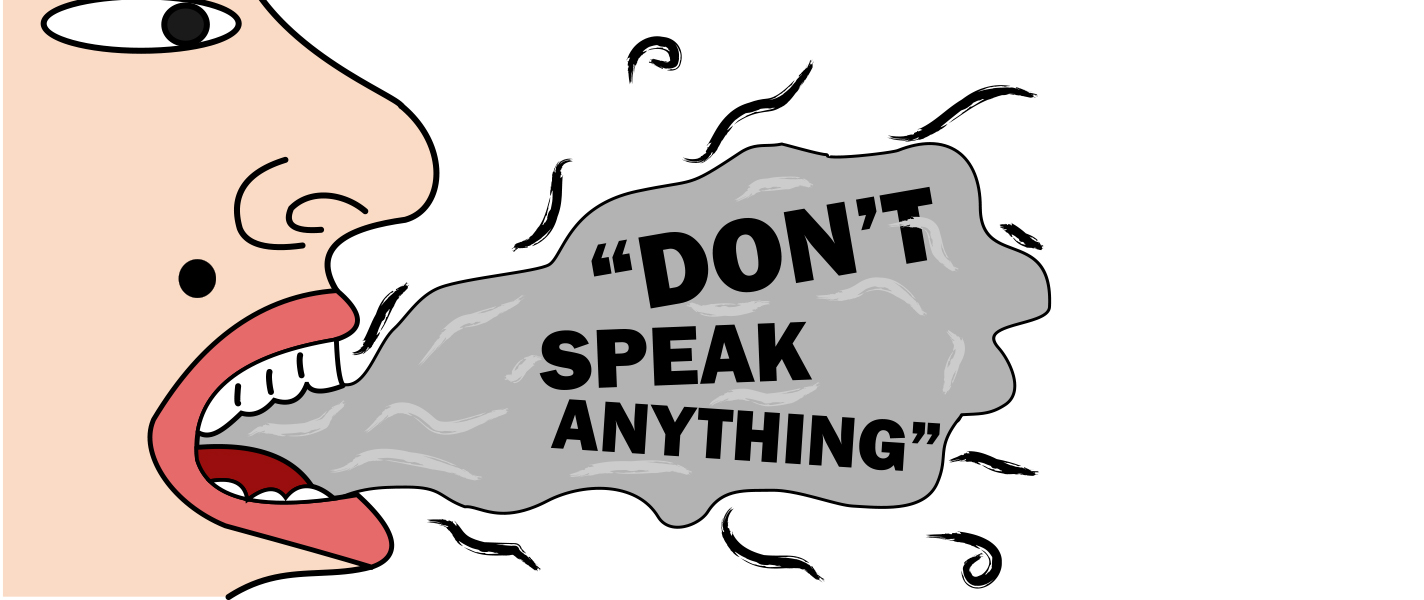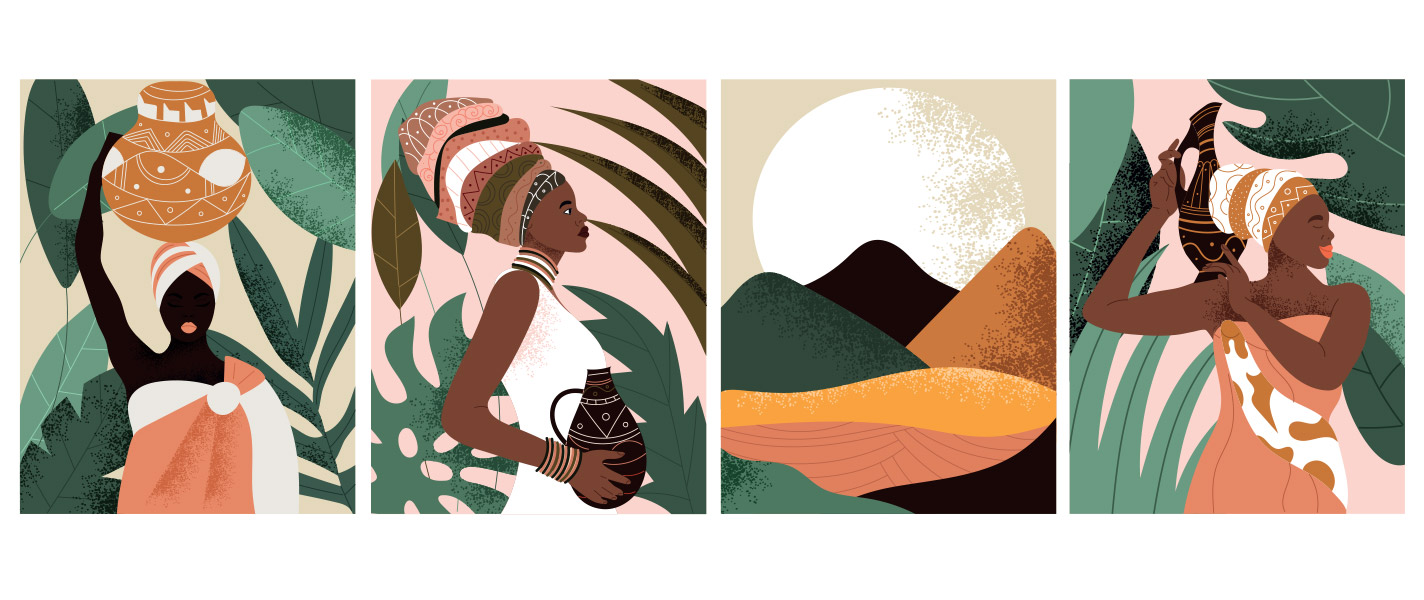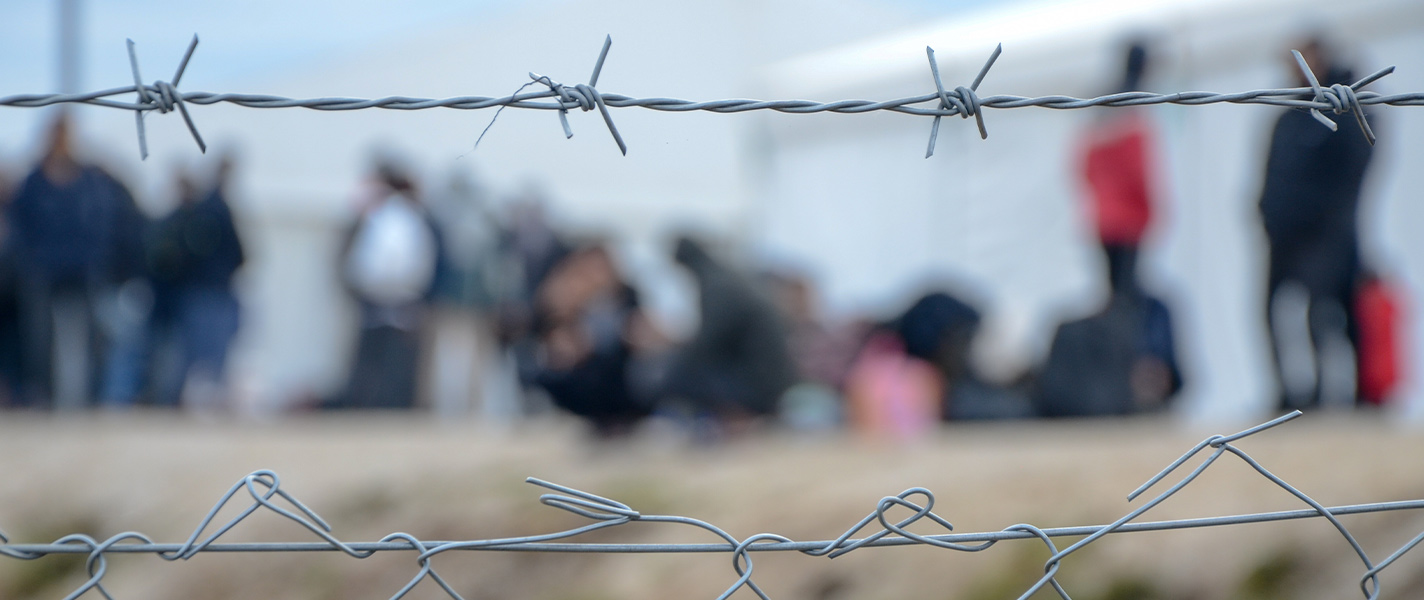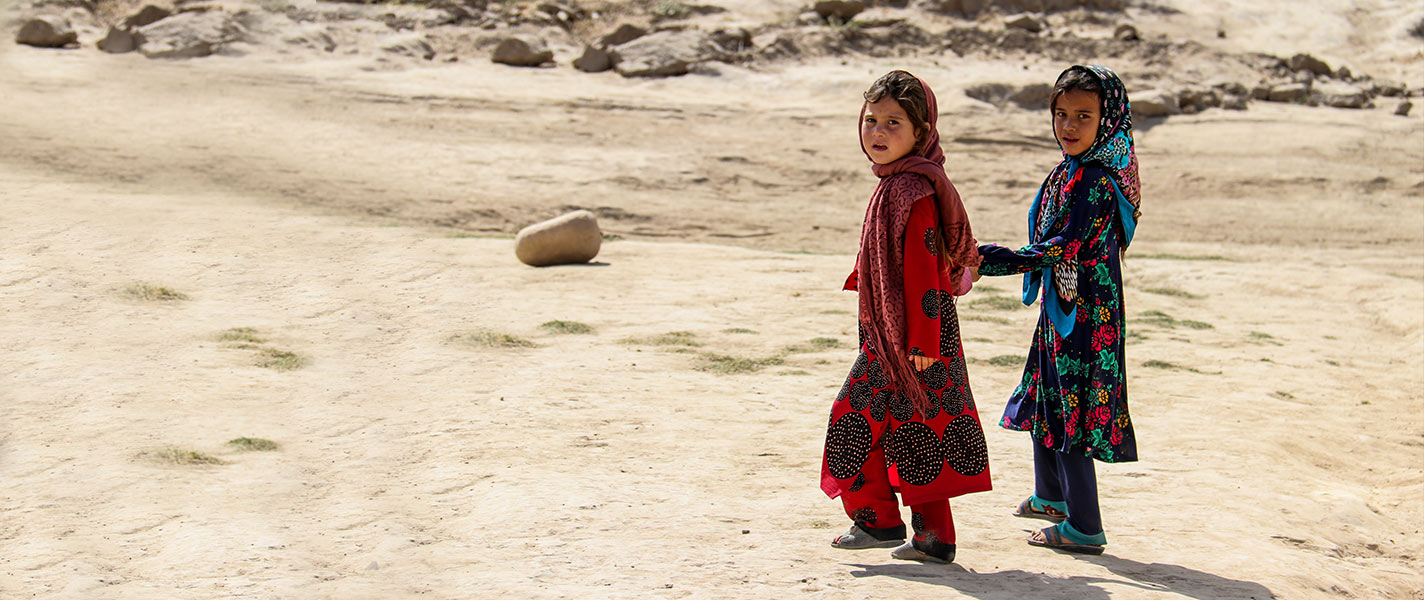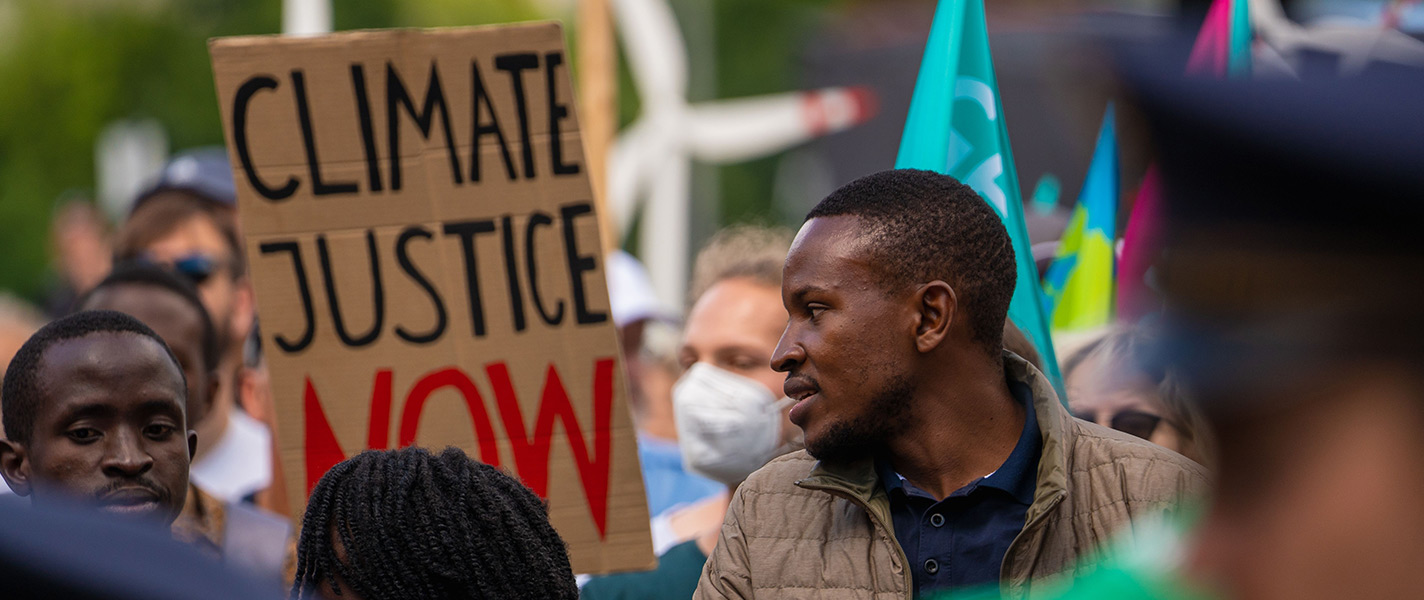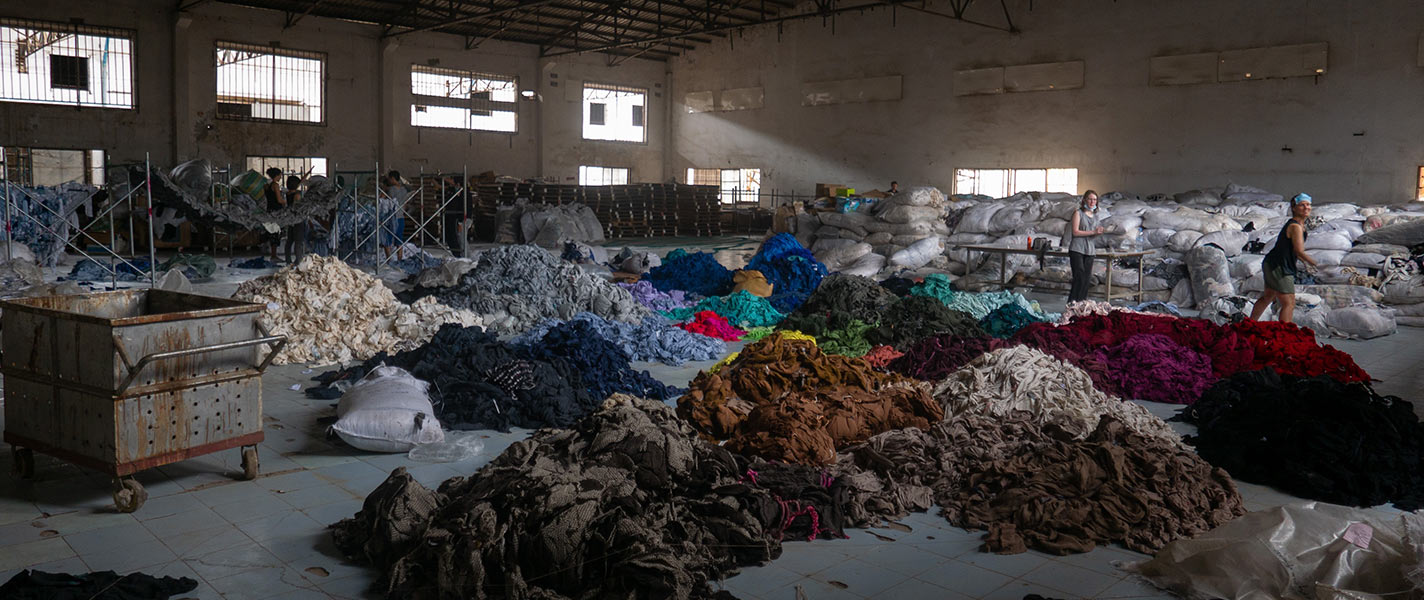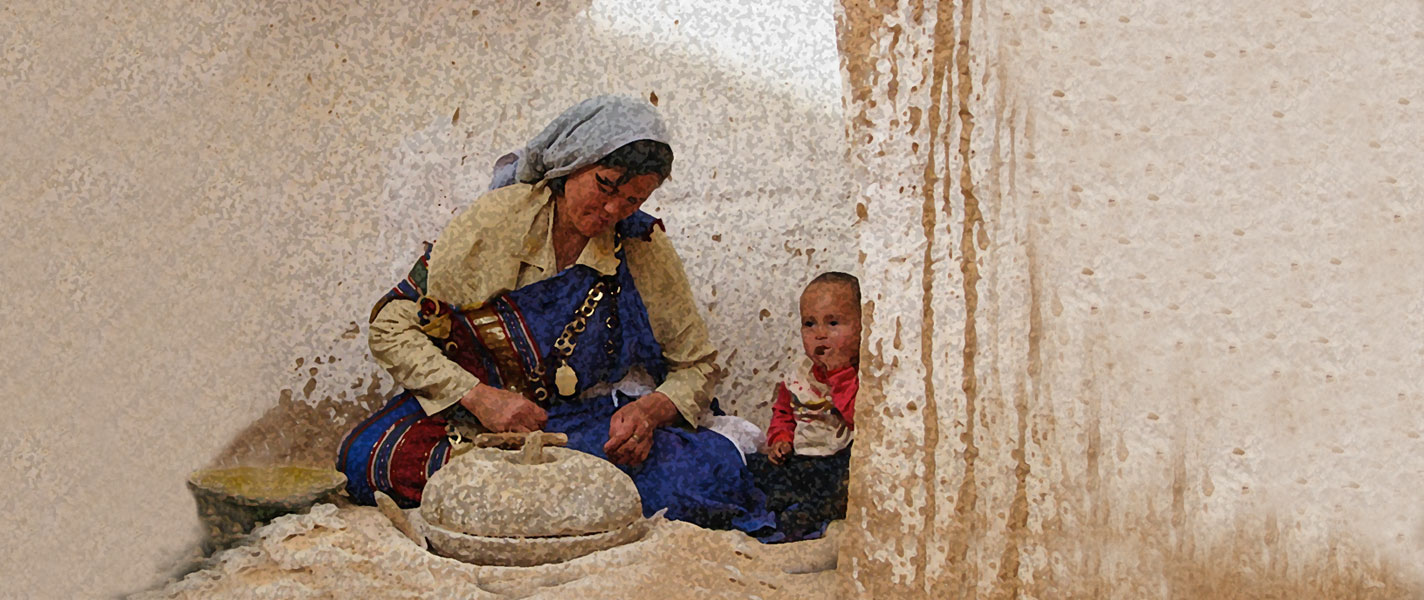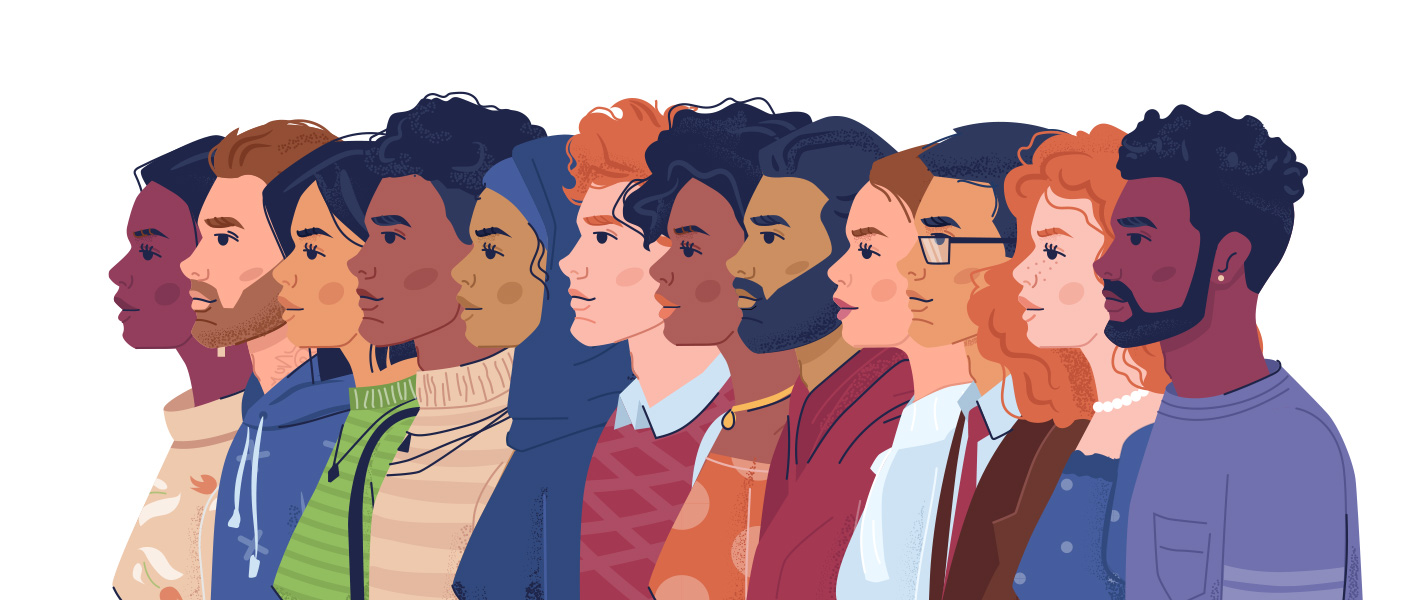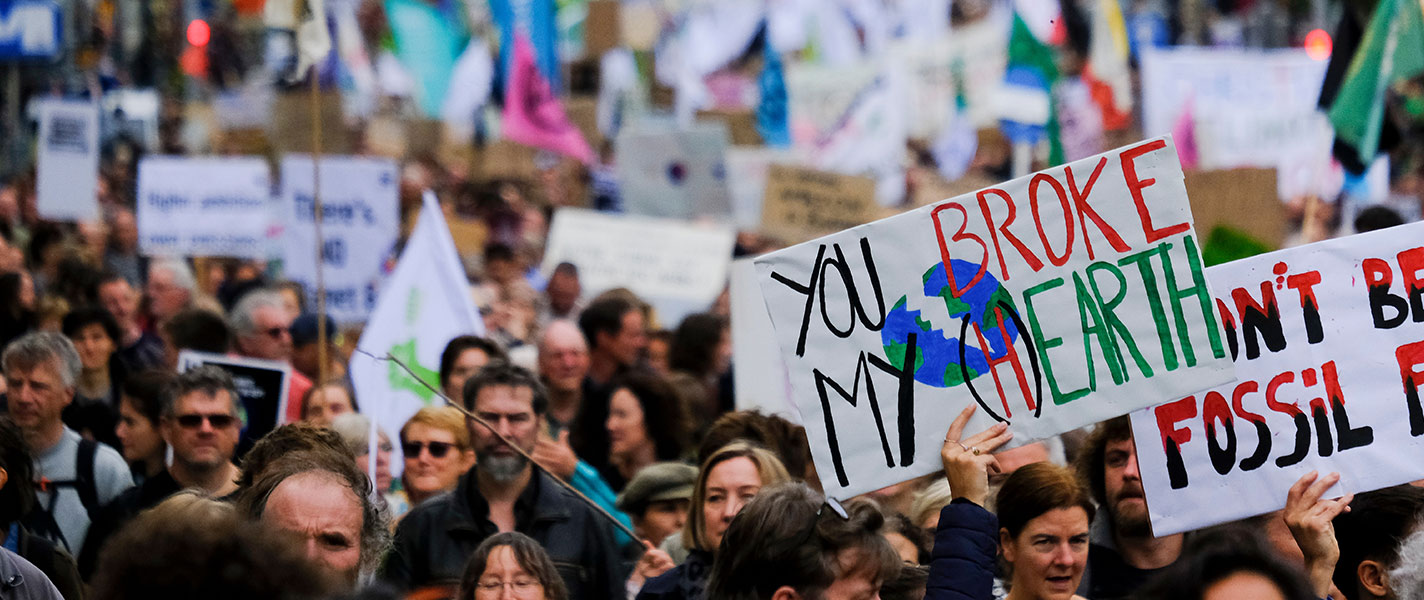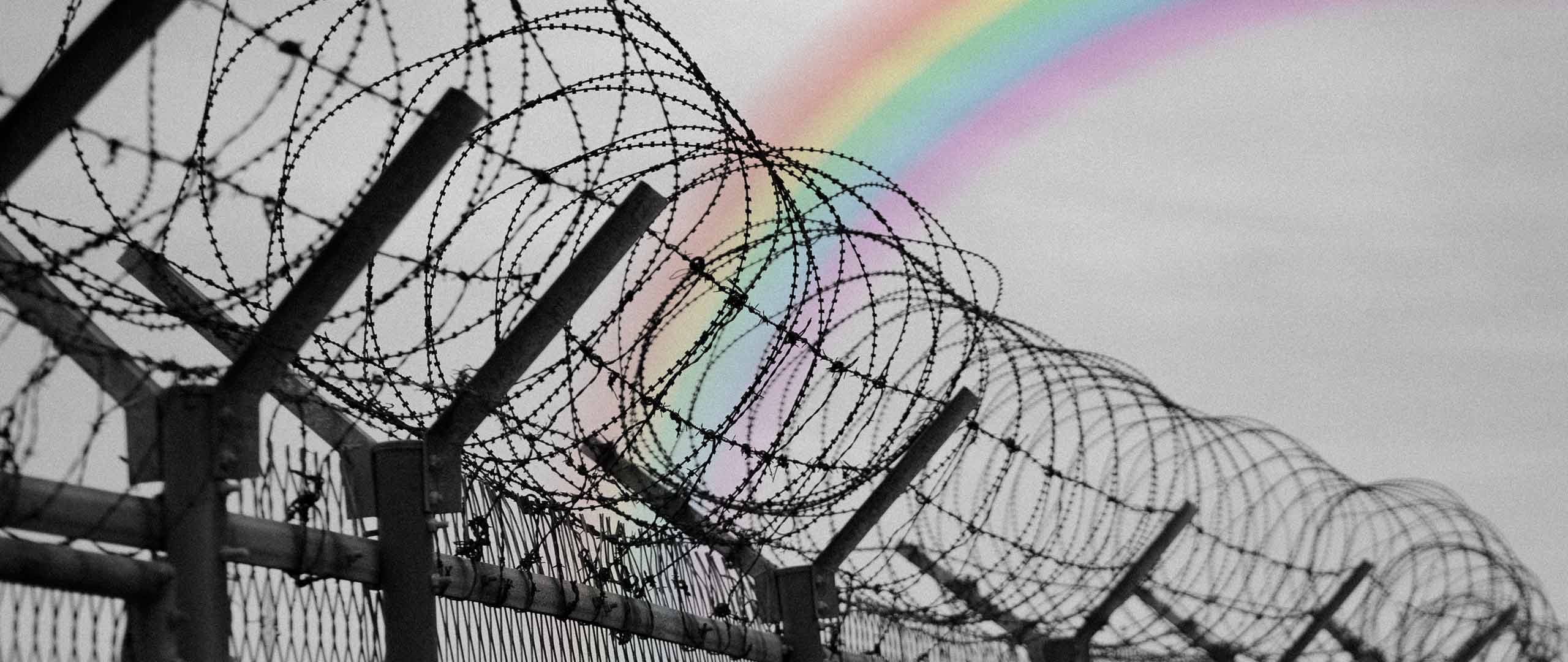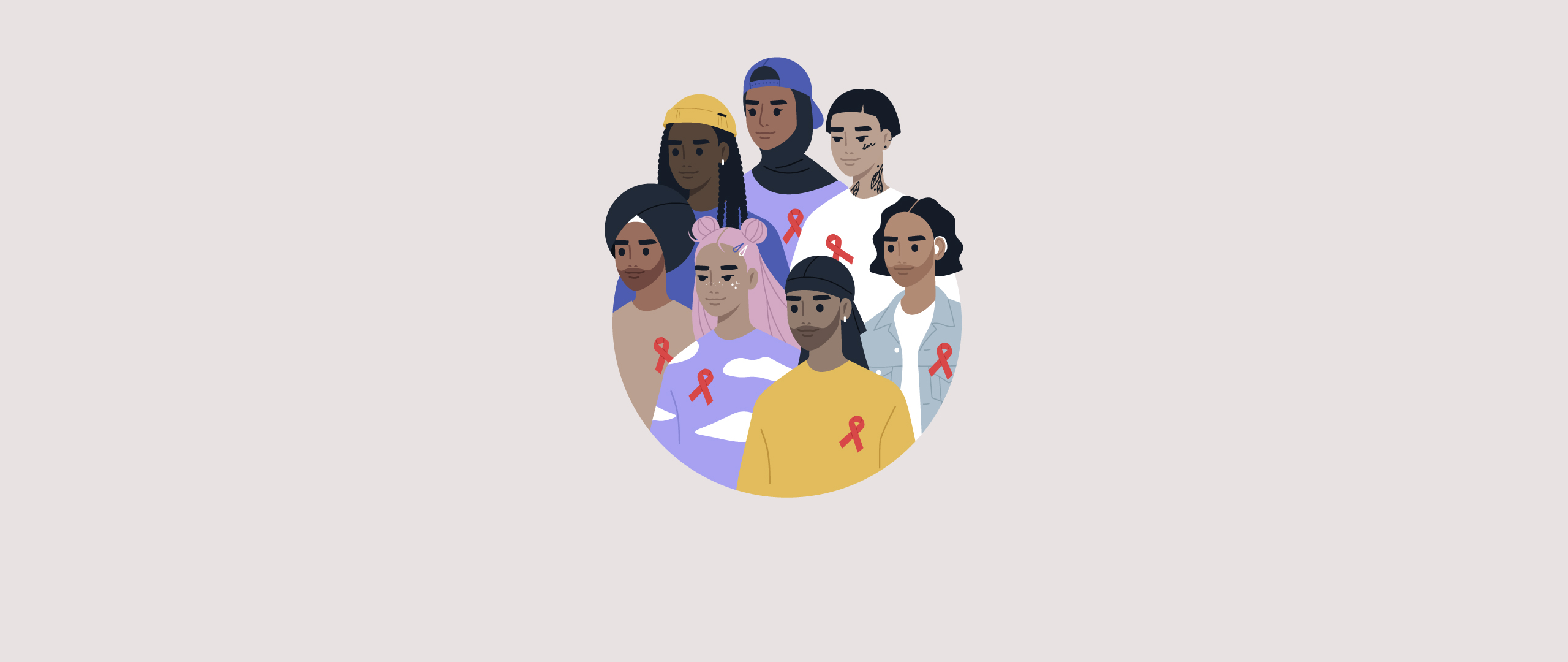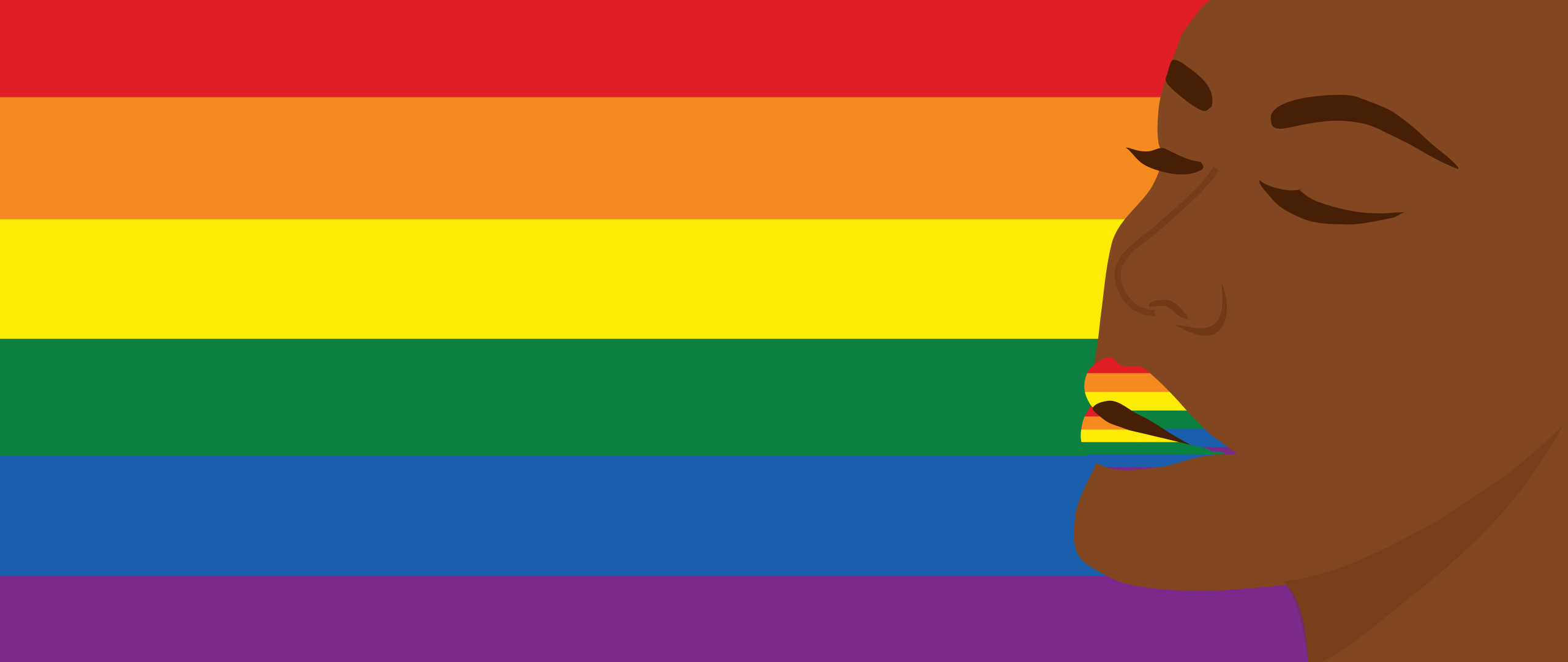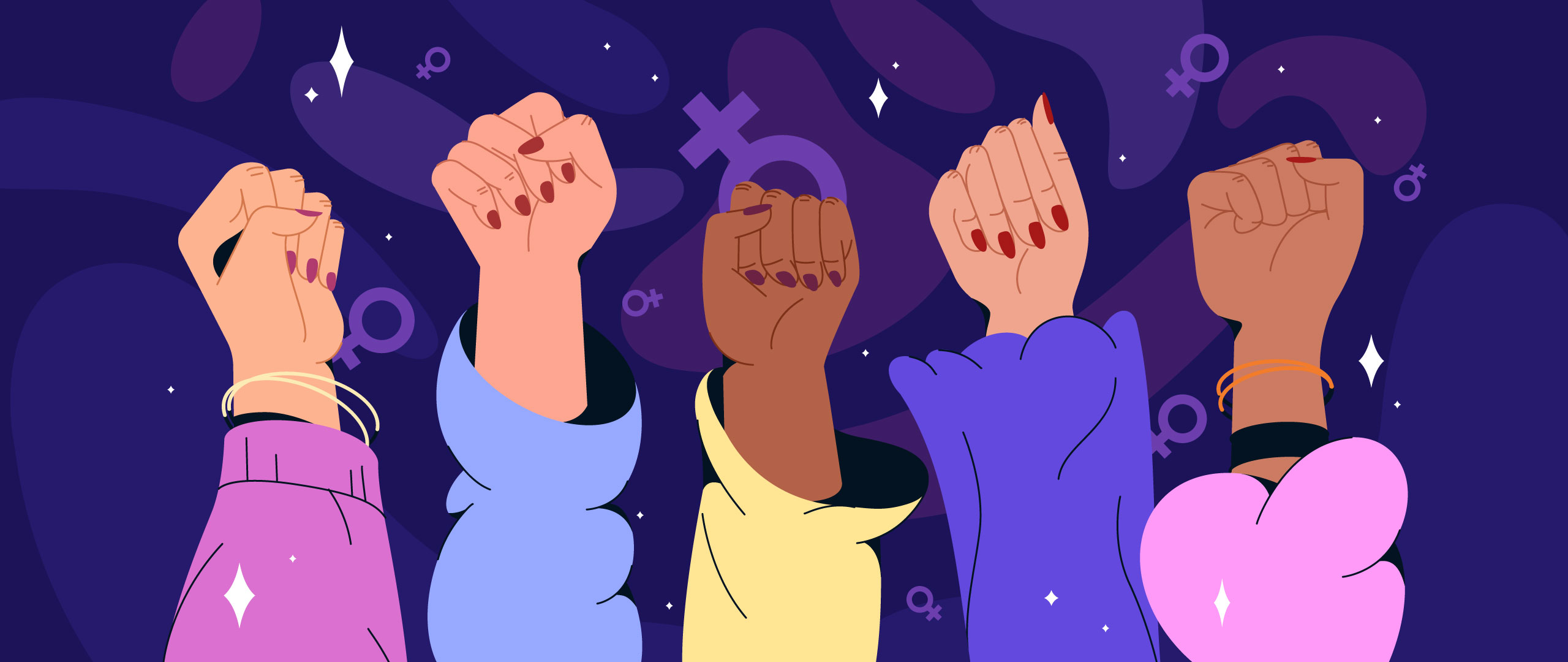Victories are Made; Constraints Remain for MENA Women
Although human rights have been declared universal, women in the MENA region still face numerous societal constraints, putting their women’s rights agenda under scrutiny.
For its second edition of the Digital Saloons, LEED Initiative opted to tackle the theme of how cultural, societal and religious systems impact the work of Women's rights defenders, hosting a panel discussion of high scale guest speakers from France, Egypt, and Tunisia.
These notable speakers commented on the countless challenges like stereotyping, harassment and discrimination that women worldwide, more specifically in the MENA region face in different aspects of their lives, in order to be treated equally and subsequently achieve their full potential.
This perpetual struggle for gender equality is predominantly the result of dogmatic social contracts deeply rooted in outdated gender roles, adopted in diverse Middle East and North Africa countries which hinder the progress towards gender equality structural reforms on the ground. In other words, cultural norms and expectations, discrimination in the legal systems, little political participation in legislations and decision making as well as lack of economic opportunities engendered poor outcomes for gender equality and respectively women’s rights.
Female Struggles in a Men Privileged Realm
Azza Soliman, the co-founder of Centre for Egyptian Women’s Legal Assistance (CEWLA), pointed out how the Middle East as a region carries a heavy and complex symbolic load in the Western imagination with respect to the relation between religion and women’s rights respectively. She elaborates by stating that certain religious and faith systems consider gender equality a threat to religious practices and principles. As a matter of fact, in countries with dominant religions that are gender inequitable, an individual’s religious affiliation can influence his gender norms perceptions, adopting a dogmatically patriarchal one.
Commenting on her statement, Soukaina Bouraoui, Director of Centre of Arab Women for Training and Research, added that societal systems hinder the work of women’s rights defenders. The latter face all sorts of intimidation, pressure, threats, harassment, defamation, and cyber attacks in their efforts to protect the human rights of women, as many societal systems consider emancipation of women as a threat to the traditional societal constructs and family pre-made basic conceptions. This leads to women’s under-representation in decision making processes.
On the other hand, Silvia Barreiros, the Artistic Director of Apsara Company, highlighted how women have been particularly marginalized from cultural life. They find difficulties to equally access contribute and participate in cinema, theatre, music, arts, sports and heritage. Furthermore, they are excluded from attaining decision-making positions, equal payment, and in most cases restricted from capacity building and networking opportunities. As a result, this prevents them from unleashing their full potential and respectively impedes social and inclusive sustainable development. Hence, what is needed here is much debate, research and awareness-raising regarding equal rights, responsibilities, and opportunities for women and men.
Although many victories have been achieved in advocating for women’s rights in the MENA; yet much the struggle remains present, putting more pressure on women’s rights defenders and slowing down their mission on the ground and online.
